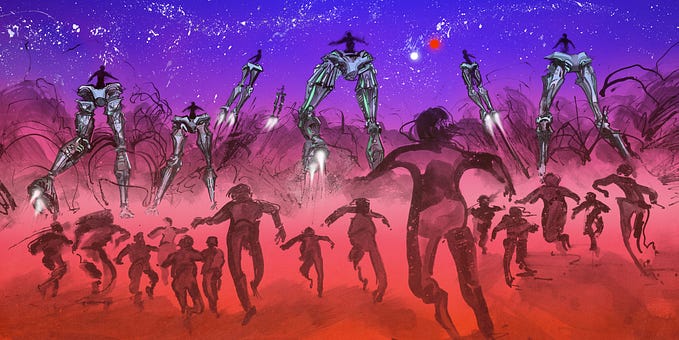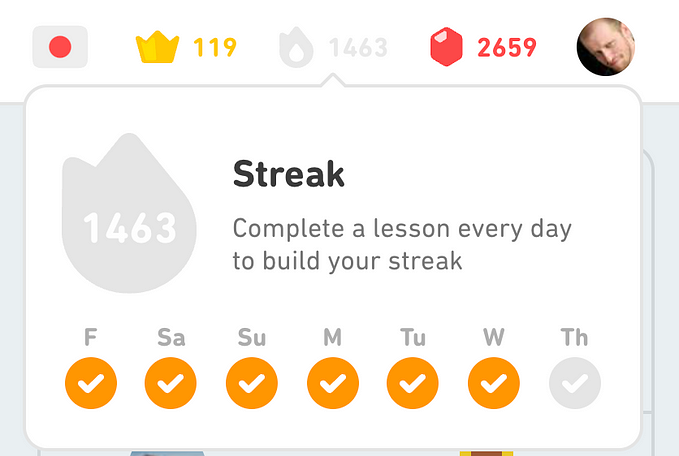Member-only story
Why You Love Being a Jerk in ‘Untitled Goose Game’
Even — and maybe especially — if you’re a really good person IRL

 In the rapidly bestselling Untitled Goose Game, players embody a horrible goose whose only purpose is to bother, annoy, and harass members of a pleasant small town. Goose Game’s primary game mechanic is sadism. As the titular goose, you can chase a small child into a phone booth, lock a groundskeeper out of his own garden, or have a picnic of food pilfered from around town. There’s no combat or complicated narrative, and your only reward is the smug satisfaction of being a jerk.
In the rapidly bestselling Untitled Goose Game, players embody a horrible goose whose only purpose is to bother, annoy, and harass members of a pleasant small town. Goose Game’s primary game mechanic is sadism. As the titular goose, you can chase a small child into a phone booth, lock a groundskeeper out of his own garden, or have a picnic of food pilfered from around town. There’s no combat or complicated narrative, and your only reward is the smug satisfaction of being a jerk.
Yet despite the deplorable behavior of your anti-social anatidae avatar, Goose Game and games like it, which encourage mean-spirited behavior, may highlight how empathetic players can be.
Most of us are familiar with the narrative that video games desensitize players to violence or anti-social behavior. On the surface, the idea feels intuitive. Games like Grand Theft Auto are notorious for allowing players to casually commit criminal and destructive acts — from stealing cars to killing people — which in turn can lead to the (thoroughly debunked) belief that players might try to act out those behaviors in real life. By removing the controversial content — the sex, the drugs, the crime — but retaining the anti-social aspect, Untitled Goose Game serves as a control group to help explain what we really get out of breaking rules and causing mayhem.
According to Rachel Kowert, PhD, research director at Take This, a nonprofit aimed at increasing support for mental health issues in the gaming community, part of the appeal is simply in doing something you’re not normally supposed to do. “We get a sense of joy from pushing the boundaries of what is acceptable, especially when we know there will be no real-world consequences.”
Despite this, when given the choice, players don’t often deviate too far from the morals they have in real life. “At the end of the day, people tend to play characters that are idealized versions of themselves. As such, we choose to behave in the virtual world as we would in the real world,” Kowert says. Gameplay stats for Bioware’s popular Mass Effect series bear this out. The game series allows players to either role play as a good guy, or…









